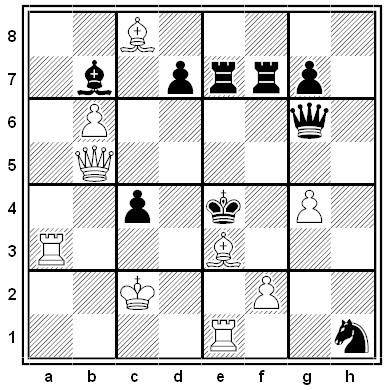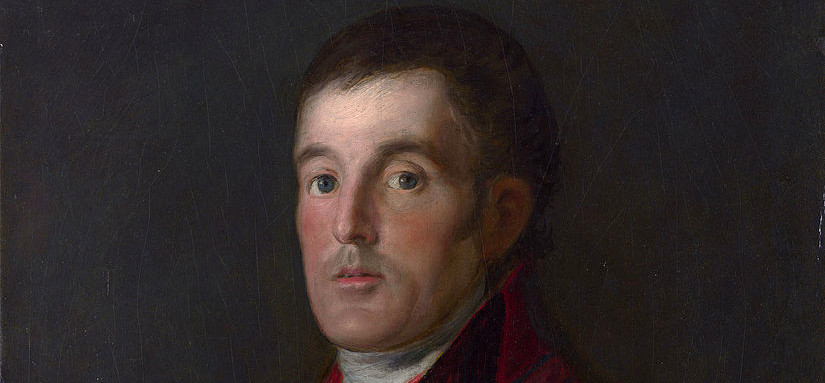
The high-altitude glacial lake Roopkund, in the Indian state of Uttarakhand, contains a large number of human skeletons. Local legend tells of a royal party who were killed by a large hailstorm near here, and many of the skeletons show signs of blows by large round objects falling from above. Radiocarbon dating estimates that these people died around 850 CE.
But another set of victims seem to have succumbed much more recently, a group from the eastern Mediterranean who died only 200 years ago. So the casualties can’t all be attributed to a single catastrophic event, but the full truth is still emerging.






